UoR Graduate Attributes
The UoR Graduate Attributes articulate the skills and qualities that every student should develop by the time they graduate. The refreshed Graduate Attributes have been designed in partnership with our students, to reflect students' values and aspirations during their time at the University and beyond.
These attributes prepare our student community for success, equipping them with the knowledge and skills to thrive academically, personally, and professionally. Students develop the attributes primarily through their curriculum, enhanced by co-curricular and extracurricular experiences. Staff play an active role in supporting students to “decode and understand” the graduate attributes in their academic studies[1], and in creating opportunities for students to reflect on and articulate the attributes in ways that enable application in professional and personal contexts.
The table below provides examples of the Graduate Attributes in practice. These are intended to provide a starting point for staff and students to contextualise these attributes in their discipline.
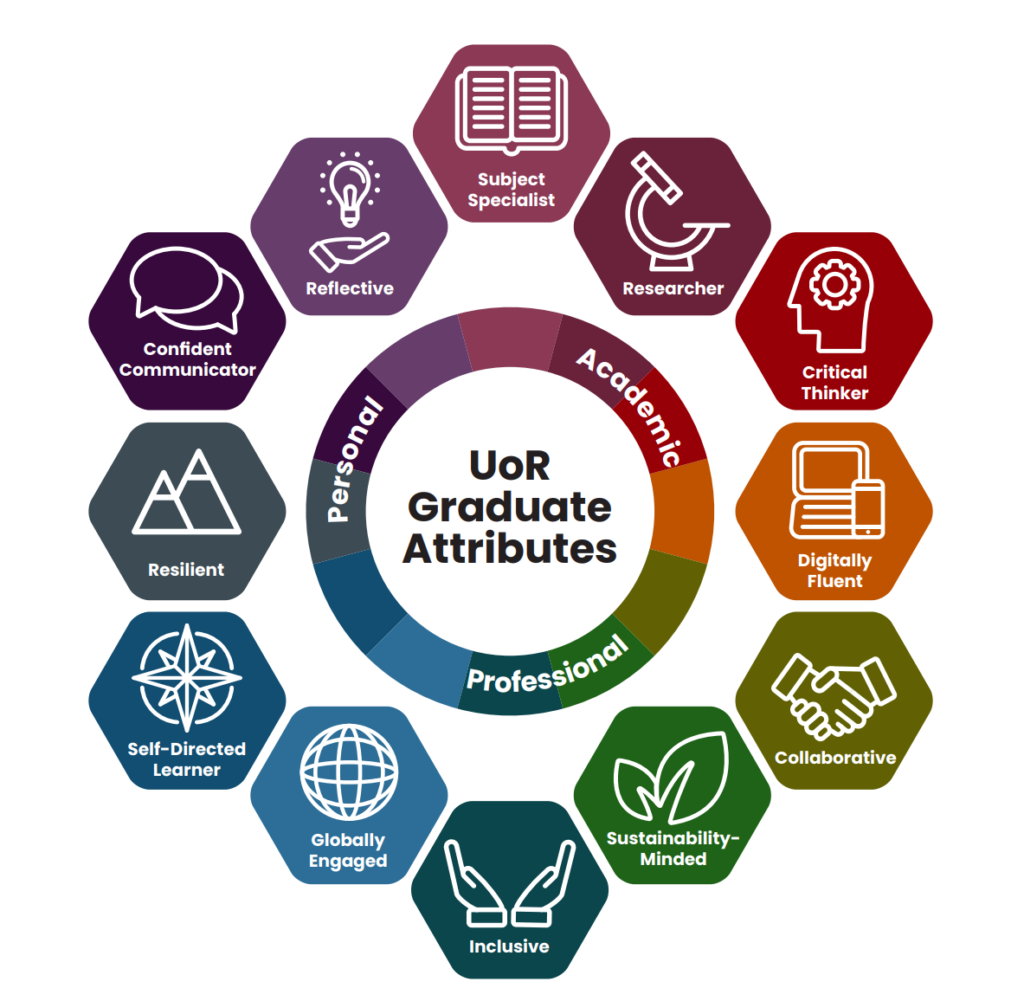
Subject Specialist
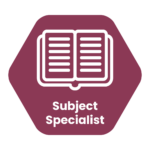
In practice students should
- Acquire subject knowledge by engaging with the core skills and concepts specific to the discipline.
- Develop subject expertise by integrating skills, concepts and advanced theories with practical experience.
- Apply subject expertise to various contexts by linking the discipline to local, national and global issues.
Researcher
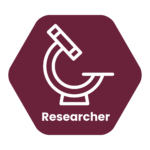
In practice students should
- Appraise research and understand how knowledge is constructed and evaluated in the discipline.
- Develop and apply discipline specific research skills and techniques responsibly.
- Design, undertake and disseminate research ethically and as appropriate to the discipline.
Critical Thinker
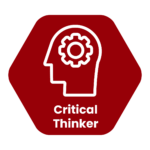
In practice students should
- Be intellectually curious by seeking relevant and reliable information to deepen understanding of the discipline.
- Critically analyse knowledge and practice in the discipline to evaluate evidence and make reasoned judgments.
- Use creative and innovative thinking to problem-solve and develop effective solutions.
Digitally Fluent
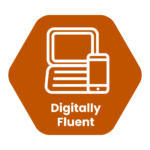
In practice students should
- Be proficient in using digital tools and technologies within the discipline.
- Adapt to emerging technologies to ensure digital skills remain current and relevant.
- Navigate digital landscapes ethically by understanding the legal, social, and security aspects of using, collecting, and sharing information.
Collaborative
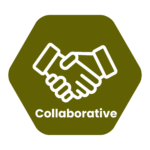
In practice students should
- Participate in teamwork and contribute to group success by identifying and working towards common goals.
- Build connections by engaging others’ perspectives, learning from alternative viewpoints, and resolving conflicts constructively.
- Develop leadership skills by taking initiative, contributing ideas, and supporting others to engage.
Sustainability-Minded
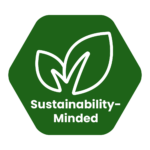
In practice students should
- Consider sustainability in the discipline and its application.
- Stay informed about economic, social and environmental issues and adopt practices that reduce negative impact.
- Engage in initiatives or opportunities that contribute to a sustainable future.
Inclusive
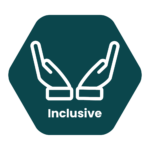
In practice students should
- Actively seek to understand and value diverse perspectives, backgrounds, and lived experiences of others.
- Respect and listen to multiple perspectives, treating all individuals with fairness, honesty, and respect.
- Show empathy in your actions to support inclusive and ethical decision making.
Globally Engaged

In practice students should
- Seek out opportunities to engage with different cultures and perspectives from around the world.
- Consider global perspectives in the discipline by understanding the social, cultural, and contextual impacts of knowledge and practice.
- Demonstrate cultural adaptability by responding respectfully to different values and practices.
Self-Directed Learner
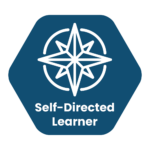
In practice students should
- Actively engage in learning experiences and contribute thoughtfully to the academic and university community.
- Take responsibility for self-directed study by planning and organising time and priorities.
- Seek knowledge and opportunities for continuous academic, personal, and professional development.
Resilient
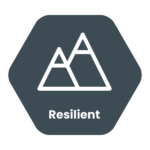
In practice students should
- Adapt to challenges by remaining flexible and open to change in different work or study contexts.
- Respond constructively to feedback by using it as an opportunity for learning.
- Seek support by utilising available resources and asking for help when needed.
- Actively practices self-care to support wellbeing.
Confident Communicator
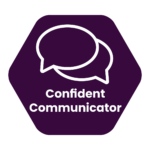
In practice students should
- Communicate with clarity and impact for a variety of purposes and audiences.
- Use active listening to foster dialogue, support shared understanding, and enable effective communication.
- Build and maintain professional and social networks across multiple platforms, whilst managing professional reputation and online presence.
Reflective
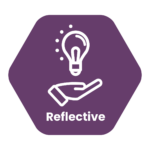
In practice students should
- Reflect on learning experiences and articulate what has been learned and how it was achieved.
- Set learning and development goals by regularly assessing values, strengths and areas for development.
- Practice self-awareness and question personal biases and assumptions to understand your impact on others.
[1] Wong, B., Chiu, Y.L.T., Copsey-Blake, M. and Nikolopoulou, M., 2022. A mapping of graduate attributes: What can we expect from UK university students?. Higher Education Research & Development, 41(4), pp.1340-1355.
